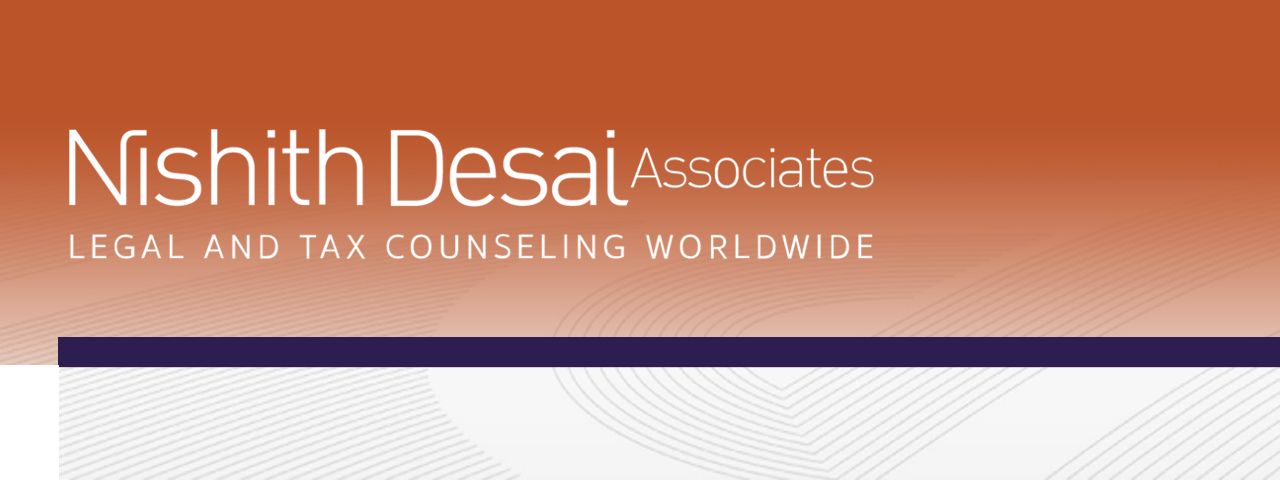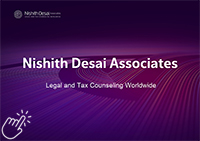|
|
|


Introduction:
Chartered Accountants (CAs) are professionals who are entrusted with the task of ensuring compliance with financial regulations and safeguarding the interests of stakeholders. They are universally considered to play a crucial role in upholding financial integrity. To ensure that a company complies not only with applicable laws but also with the corporate governance framework, corporate professionals such as CAs act as watchdogs on behalf of the regulators. As such, they are expected to uphold the highest standards of ethical behaviour and ensure adherence to not only the letter but also the spirit of the law.
On numerous occasions, the chartered accountants' fraternity has faced several factual scenarios where its members have been accused of neglecting their role of a watchdog, without suffering significant consequences. Over the past few years, the Institute of Chartered Accountants of India (ICAI), the body which regulates chartered accountants, has initiated some action against its own members, for professional misconduct and failure to pay fines within the specified timeframe. However, it is increasingly felt that these measures have been inadequate and delayed.
The lack of adequate self-regulation has prompted the establishment of an independent audit watchdog, i.e. the National Financial Reporting Authority (NFRA), in March 2018. Consequently, auditors are facing heightened regulatory and public scrutiny. We have in the below sections discussed some recent instances where CAs have acted in breach of statutory provisions and the consequences of such actions.
Causes of Professional Misconduct:
One of the primary reasons why CAs fail to take appropriate action is the tremendous pressure to meet targets and deadlines. CAs are often racing against the clock to complete audits and financial reports within a specified timeframe, which in turn leads to shortcuts being taken, such as overlooking discrepancies or failing to verify the accuracy of financial statements.
Another reason why CAs might fall foul is a lack of understanding of the legal and regulatory framework. The financial sector is highly regulated, with a vast number of laws and regulations governing every aspect of financial transactions. CAs are expected to keep abreast with the latest developments in the regulatory landscape and comply with all applicable laws and regulations. However, not all CAs have a deep understanding of the ever-changing legal framework, which can lead to inadvertent violations of legal provisions.
Consequences of Professional Misconduct:
Professional misconduct can carry severe consequences, not only for the CA but also for their clients and employees. It can tarnish the reputation of the CA and their firm, resulting in loss of business and clients. Furthermore, they may face disciplinary action from regulatory authorities, including fines, suspension or revocation of their license, and legal proceedings. In certain cases, professional misconduct can even lead to imprisonment.
Prevention of Professional Misconduct:
To prevent professional misconduct, it is imperative to ensure that CAs adhere to rigorous ethical and professional standards. This can be achieved through continuous training and education throughout their careers.
Additionally, regulatory authorities should closely monitor the conduct of CAs and take stringent and timely action against those who violate the law or fail to comply with professional standards.
CA Firms should establish robust policies and procedures to prevent misconduct, while also providing comprehensive training to employees regarding the significance of ethics and integrity.
Some recent orders passed by ICAI’s disciplinary committee/appellate authority against CAs:
Individual No. 1 was found guilty of Professional Misconduct falling within the meaning of Clause (1) of Part II of Second Schedule to the Chartered Accountants Act, 1949. A fine of INR 5,00,000/- (Rupees Five Lakhs) (approximately USD 6,000) was imposed which was not paid within the stipulated time period. Consequently, Individual No. 1’s name was removed from the register of members for a period of one month.
Individual No. 2 was found guilty of professional misconduct in relation to the chartered accountant in practice where the chartered accountant fails to report a material misstatement known to him to appear in a financial statement with which he is concerned in a professional capacity; does not exercise due diligence, or is grossly negligent in the conduct of his professional duties; fails to obtain sufficient information which is necessary for expression of an opinion or its exceptions are sufficiently material to negate the expression of an opinion. The authority ordered for removal of the name of the said individual for a period of one year and also imposed a fine of INR 1,00,000/- (Rupees One Lakh) (approximately USD 1,200).
Individual No. 3 was found guilty of activities involving embezzlement of moneys received in his professional capacity. It was ordered for removal of the name of the said individual from the Register of Members for a period of three months and also imposition of a fine of INR 1,00,000/- (Rupees One Lakh) (approximately USD 1,200).
Individual No. 4 was found guilty of professional misconduct and consequently a fine of INR 3,00,000/- (Rupees Three Lakhs) (approximately USD 3,500) was levied, which was not paid within the stipulated time period; therefore, Individual No. 4’s name was removed from the Register of Members for a period of one month.
Conclusion:
Professional misconduct by CAs is a serious issue that can have far-reaching consequences. It is important for CAs to maintain the highest standards of ethics and integrity, and to comply with the laws and regulations governing their profession.
From the above-mentioned examples, it is evident that the action adopted by the disciplinary committee and/or the appellate authority, as the case may be, appears to be rather inadequate. Regulatory authorities should take strict action against those who are either in breach of statutory provisions or fail to comply with professional standards. It is also important for such steps to be widely publicized which can then act as a deterrent for the rest of the community.
Finally, training and continuing education are essential to ensure that CAs are aware of their responsibilities and the importance of upholding ethical and professional standards in their work.
The authorities need to ensure that immediate steps are undertaken to strengthen the governance framework and impart confidence in the office of the auditor.
Disclaimer
The contents of this hotline should not be construed as legal opinion. View detailed disclaimer.
Research Papers
Compendium of Research Papers
Generative AI & Disruption
The Indian Pharmaceutical Industry
|
NDA ConnectConnect with us at events,
|
NDA Hotline |
Video |



